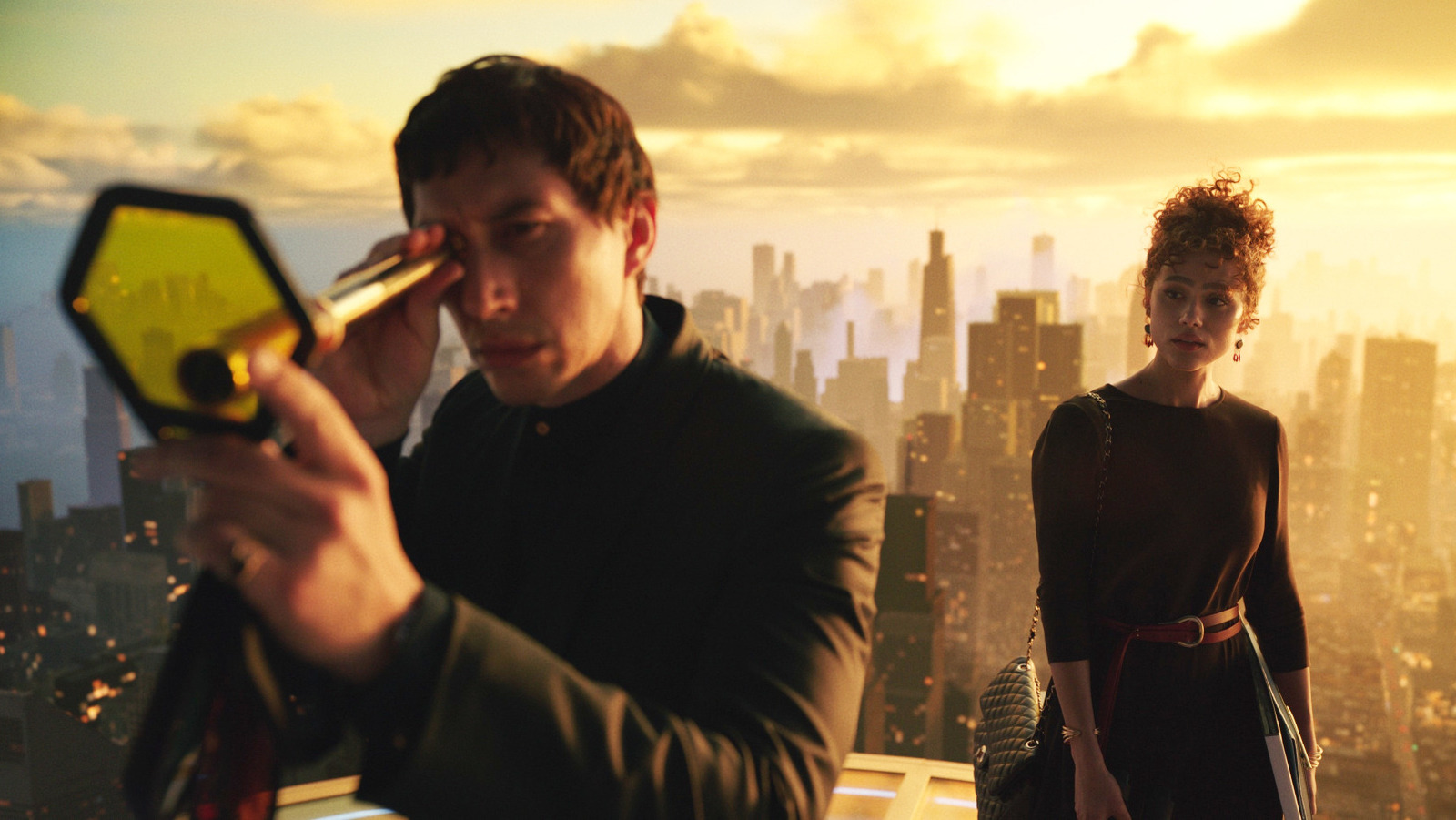
Francis Ford Coppola’s much-anticipated film “Megalopolis” has finally hit theaters, yet the critical response has proven to be a mixed bag. Leading up to its release, the film’s journey was laden with controversy—ranging from behind-the-scenes issues to a peculiar incident involving AI-generated review quotes. The drama surrounding “Megalopolis” rivals that of the film’s ambitious narrative, sparking a range of opinions even before viewers experienced it themselves.
Critics have not held back in expressing their sentiments about this sprawling epic. Chris Evangelista from /Film described it as a “confusing, confounding, messy extravaganza” that, regardless of its flaws, deserves to be seen on a grand scale. Nevertheless, with a Rotten Tomatoes score hovering at an indifferent 50%, it appears opinions are profoundly divided. This disparity is particularly striking considering Coppola’s illustrious history of classics like “The Godfather” and “Apocalypse Now,” which were often met with mixed receptions before achieving their rightful acclaim.
Brian Truitt of USA Today holds nothing back in his harsh critique, labeling “Megalopolis” as a “disappointing, nonsensical mess.” While he acknowledges Coppola’s remarkable impact on cinema, he emphasizes that past achievements do not guarantee a pass. Truitt draws comparisons to Coppola’s lesser-known works, suggesting that “Megalopolis” falters in its delivery. He critiques the disjointed narrative and characterizations, arguing that even standout performances from actors like Adam Driver and Giancarlo Esposito fail to salvage the film’s chaotic assembly.
Esther Zuckerman from The Daily Beast offers a similarly scathing perspective, branding the film a “laughingstock” and a “train wreck,” particularly during its premiere at the Cannes Film Festival, where it elicited laughter instead of awe. Observing an earnest yet misguided tone, Zuckerman foresees “Megalopolis” attaining cult status, though she laments its muddled political themes and CGI-heavy production. She believes that, in time, this film may find its place in the hearts of late-night moviegoers.
Amidst the criticism, Peter Bradshaw from The Guardian expresses disappointment over the lack of compelling storytelling, describing the film as “mega-bloated and mega-boring.” He suggests that despite its visual splendor, the film ultimately lacks substance and coherence, ironically delivering high-minded messages that feel shallow. While acknowledging brief moments of humor and engaging production design, he concludes that these positives are insufficient to elevate “Megalopolis” from its status as a failed project within Coppola’s illustrious career.
Finally, Richard Lawson from Vanity Fair argues that “Megalopolis” stands as a “passion project gone horribly wrong.” He laments the disconnect between ambitious ideas and their execution, stating that the film feels disorganized and poorly constructed. Lawson critiques the convoluted plot and ineffective dialogue, remarking that the film suffers from an overwhelming sense of aimlessness, leading to a viewer experience filled with confusion rather than engagement.
As “Megalopolis” continues its theatrical run, audiences remain divided, eager to explore whether they’ll join the ranks of its supporters or detractors. Whatever the outcome, this cinematic endeavor is sure to provoke conversation and critique for years to come.



